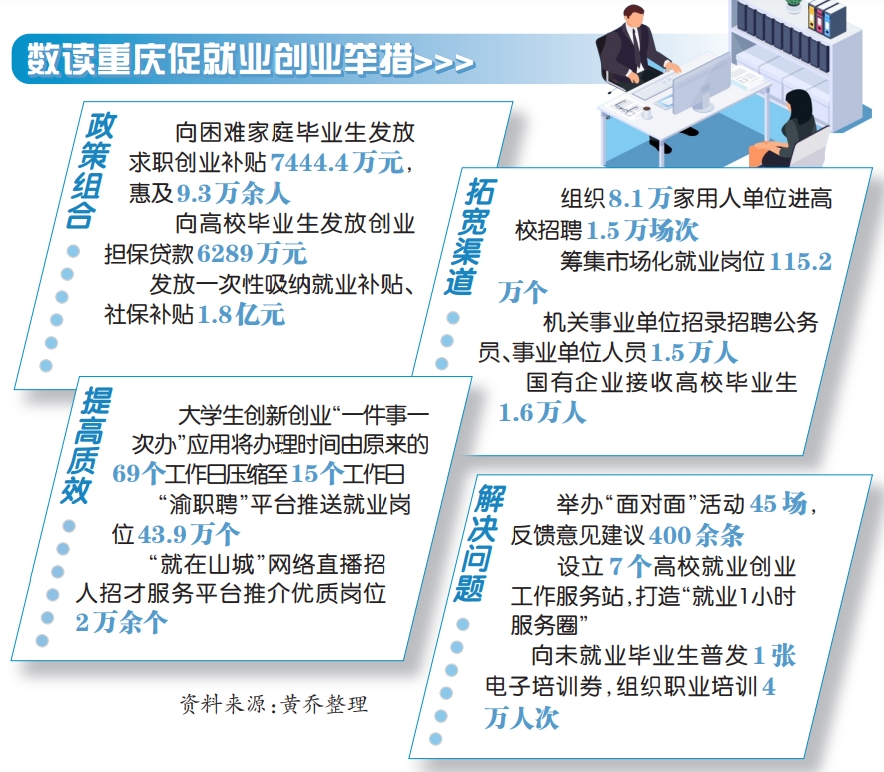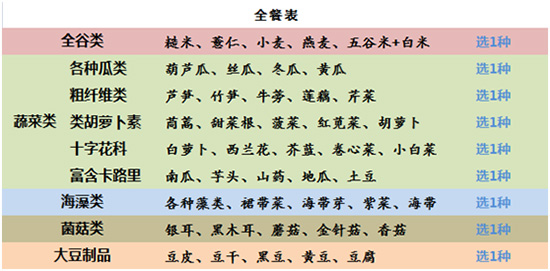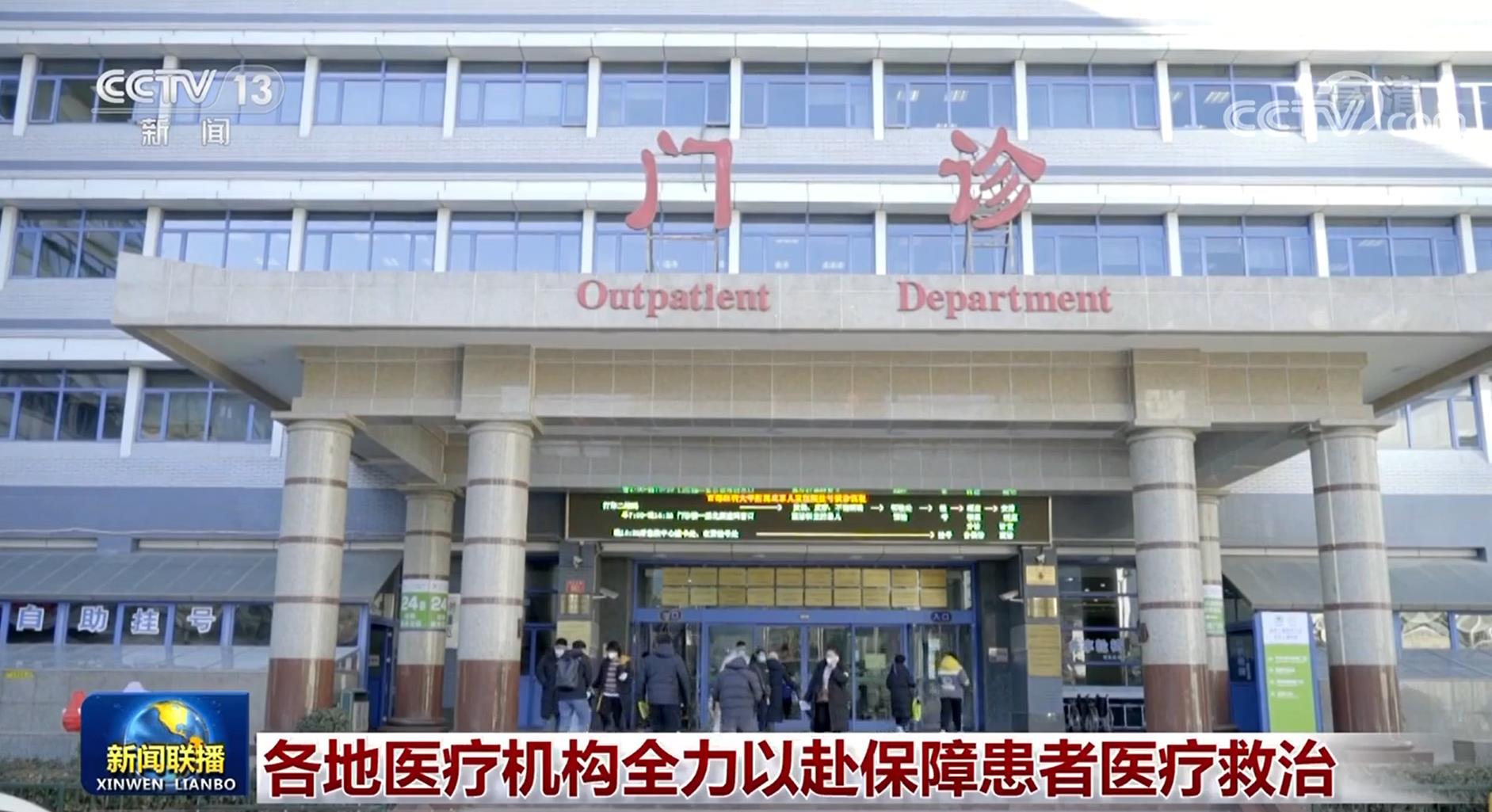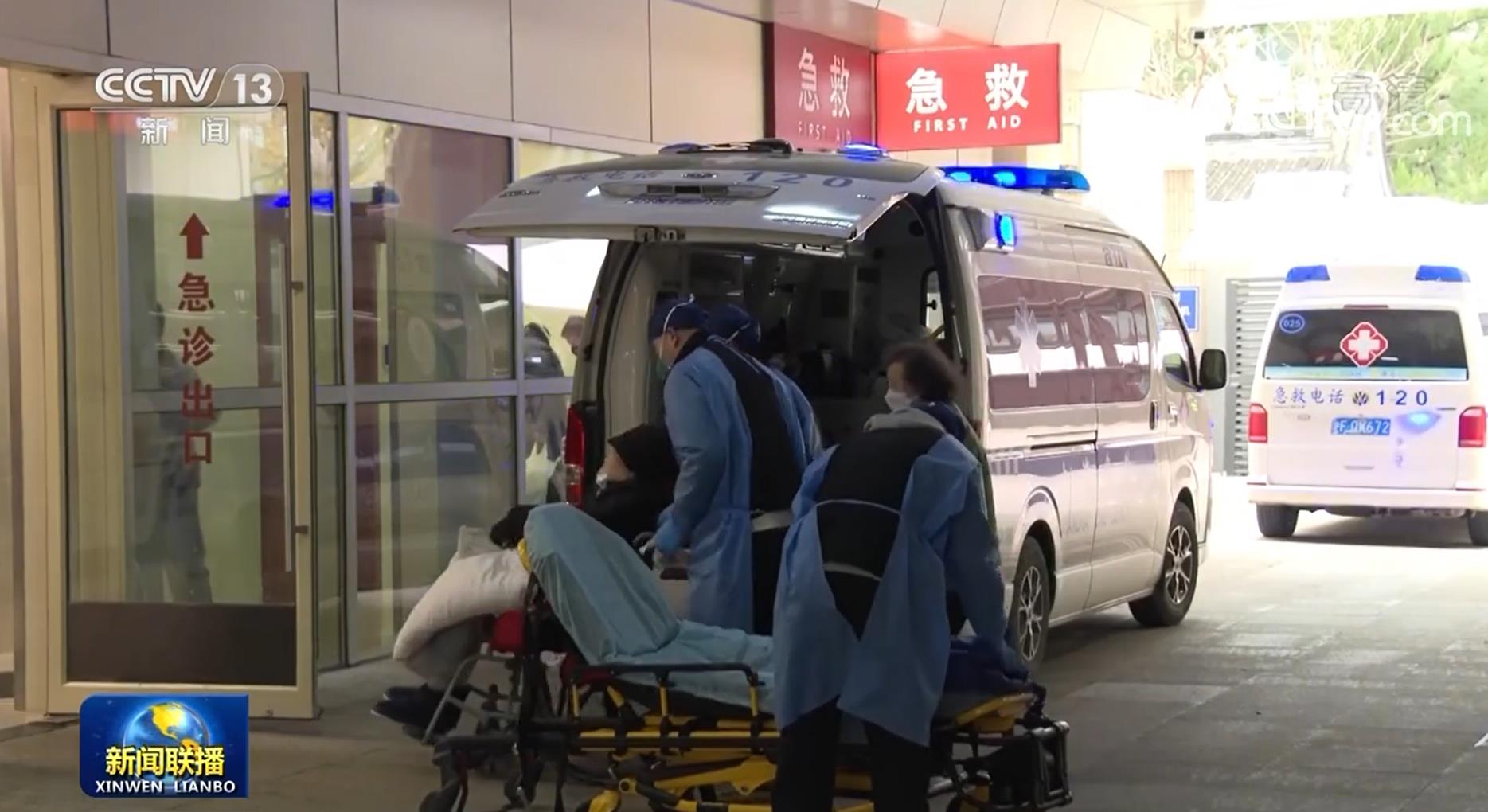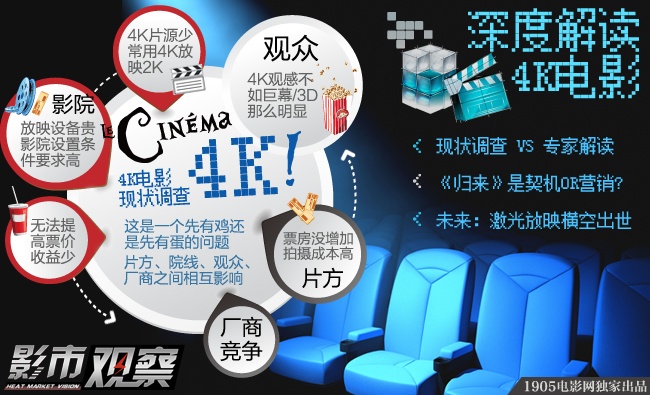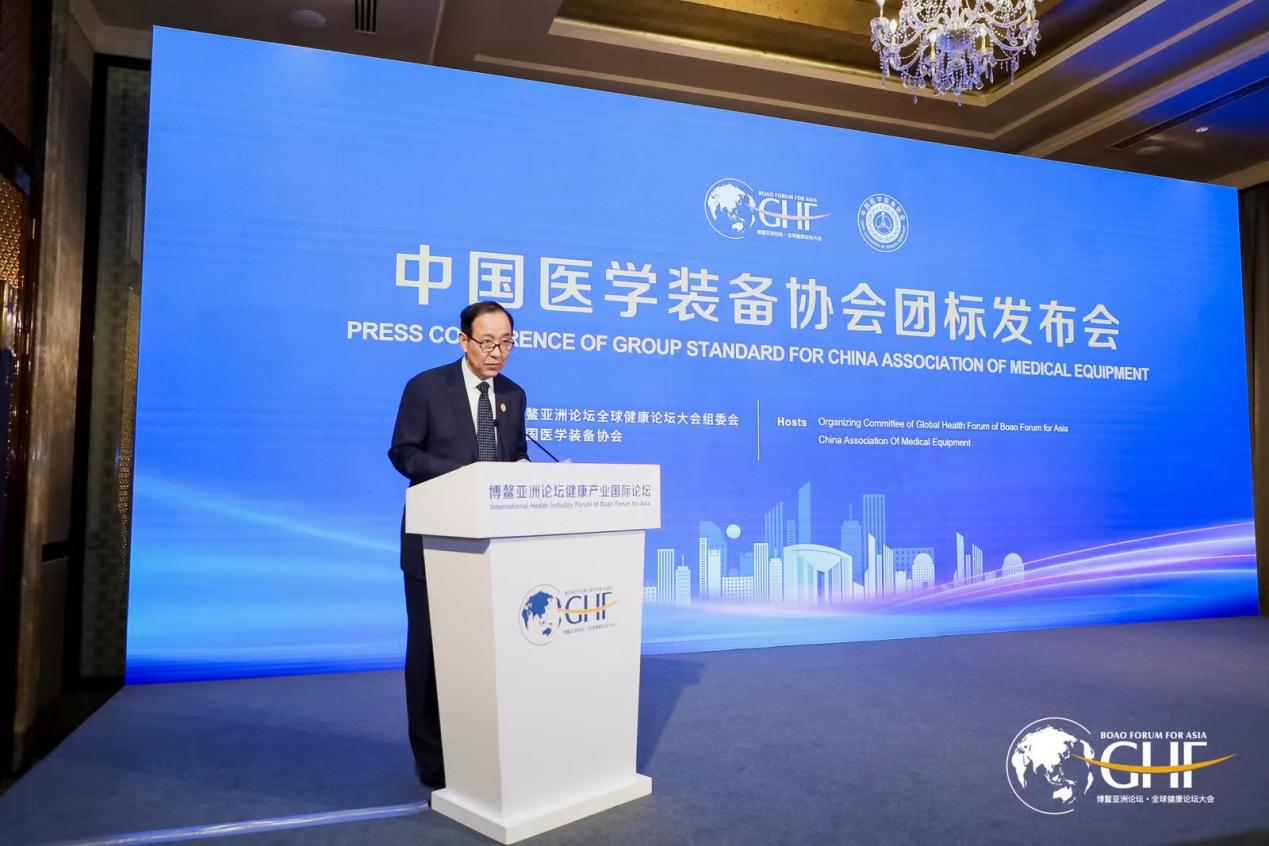Order of the National Bureau of Medical Treatment and Disability Protection
No.3
The Interim Measures for the Designated Management of Medical Security in Retail Drugstores, which was considered and adopted at the 2nd executive meeting on December 24th, 2020, is hereby promulgated and shall come into force as of February 1st, 2021.
Director Hu Jinglin
December 30, 2020
Interim Measures for the designated management of medical security in retail pharmacies
Chapter I General Principles
the first In order to strengthen and standardize the designated management of medical security in retail pharmacies, improve the efficiency of the use of medical security funds, and better protect the rights and interests of the majority of insured persons, these measures are formulated in accordance with laws and regulations such as the Social Insurance Law of People’s Republic of China (PRC), the Basic Medical Care and Health Promotion Law of People’s Republic of China (PRC), and the Drug Administration Law of People’s Republic of China (PRC).
the second The fixed-point management of medical security in retail pharmacies should adhere to the people’s health as the center, follow the principles of basic security, fairness and justice, clear rights and responsibilities, and dynamic balance, strengthen the refined management of medical security, give play to the vitality of the retail pharmacy market, and provide appropriate pharmaceutical services for the insured.
Article The administrative department of medical security is responsible for formulating the fixed-point management policies of retail pharmacies, and supervising the medical security agencies (hereinafter referred to as "agencies") and designated retail pharmacies in the fixed-point application, professional evaluation, negotiation, agreement conclusion, agreement performance and agreement dissolution. The agency is responsible for determining the designated retail pharmacies, and signing a medical security service agreement with the designated retail pharmacies (hereinafter referred to as the "medical insurance agreement"), providing handling services, and carrying out the management and assessment of the medical insurance agreement. Designated retail pharmacies shall abide by the laws, regulations, rules and relevant policies of medical security and provide pharmaceutical services to the insured in accordance with the provisions.
Chapter II Determination of Designated Retail Drugstores
Article 4 The administrative department of medical security in the overall planning area shall determine the resource allocation of designated retail pharmacies in the overall planning area according to the public health needs, management service needs, income and expenditure of medical security funds, and drug demand of insured persons.
Article 5 Retail pharmacies that have obtained drug business licenses and meet the following conditions may apply for designated medical security:
(1) It has been officially operating at the registered address for at least 3 months;
(2) There is at least one pharmacist who has obtained the qualification certificate of licensed pharmacist or has the professional and technical qualification certificate of pharmacy, clinical pharmacy and traditional Chinese medicine, and the registered place is in the location of the retail pharmacy, and the pharmacist must sign a labor contract for more than one year and within the contract period;
(three) at least two full-time (part-time) medical insurance managers who are familiar with medical insurance laws and regulations and related systems are responsible for the management of medical insurance expenses, and have signed labor contracts for more than one year and within the contract period;
(four) according to the requirements of the quality management standard of drug business, carry out the management of drug classification and zoning, and set up a clear medical insurance drug label for the drugs sold;
(5) Having a medical insurance drug management system, a financial management system, a medical insurance personnel management system, a statistical information management system and a medical insurance expense settlement system that meet the requirements of medical insurance agreement management;
(6) Having information system technology and interface standards that meet the requirements of medical insurance agreement management, realizing effective docking with medical insurance information system, providing direct online settlement for insured persons, establishing basic databases such as medical insurance drugs, and using national unified medical insurance codes according to regulations;
(seven) meet other conditions stipulated by laws and regulations and provincial and above medical security administrative departments.
Article 6 Retail pharmacies to co-ordinate regional agencies to apply for medical security designated, at least provide the following materials:
(1) An application form for designated retail pharmacies;
(2) A copy of the drug business license, business license and ID card of the legal representative, principal responsible person or actual controller;
(3) Licensed pharmacist qualification certificate or relevant certificate of pharmaceutical technicians and a copy of their labor contracts;
(four) a copy of the labor contract of the full-time (part-time) medical insurance management personnel;
(five) the internal management system and financial system corresponding to the medical security policy;
(6) Information system related materials related to medical insurance;
(seven) a predictive analysis report on the use of medical insurance funds after being included in the fixed point;
(eight) other materials provided by the provincial medical security administrative department in accordance with the relevant provisions.
Article 7 Retail pharmacies put forward fixed-point applications, and regional agencies should immediately accept them. If the application materials are incomplete, the agency shall inform the retail pharmacy to supplement them within 5 working days from the date of receiving the materials.
Article 8 As a whole, the regional agency shall organize an evaluation team or entrust a third-party agency that meets the requirements to carry out the evaluation in written form and on-site. The members of the evaluation team are composed of professionals such as medical security, medicine and health, financial management and information technology. From the date of accepting the application materials, the evaluation time shall not exceed 3 months, and the time for replenishing materials in retail pharmacies shall not be included in the evaluation period. The evaluation contents include:
(1) Checking the drug business license, business license and the ID card of the legal representative, the person in charge of the enterprise or the actual controller;
(2) Checking the qualification certificates of licensed pharmacists or pharmaceutical technicians and labor contracts;
(three) check the labor contract of medical insurance full-time (part-time) management personnel;
(four) check the internal management system and financial system corresponding to the medical security policy;
(five) check whether the information system related to medical insurance has the conditions to carry out direct online settlement;
(six) check the identification of medical insurance drugs.
The evaluation results include qualified and unqualified. Overall regional agencies should report the evaluation results to the administrative department of medical security at the same level for the record. For those who pass the assessment, they will be included in the list of retail pharmacies that intend to sign medical insurance agreements and publicized to the public. Those who fail to pass the evaluation shall be informed of their reasons and put forward rectification suggestions. From the date of delivery of the results, the assessment can be organized again after 3 months of rectification. If the assessment is still unqualified, it may not be applied again within 1 year.
The provincial medical security administrative department may, on the basis of these measures, formulate specific evaluation rules according to the actual situation.
Article 9 Coordinating regional agencies and qualified retail pharmacies to negotiate and reach an agreement, the two sides voluntarily sign a medical insurance agreement. In principle, the overall regional agencies at the prefecture level and above shall sign a medical insurance agreement with retail pharmacies and file it with the medical security administrative department at the same level. The medical insurance agreement should clarify the rights, obligations and responsibilities of both parties. Both parties who sign the medical insurance agreement shall strictly implement the medical insurance agreement. The term of medical insurance agreement is generally one year.
Article 10 Co-ordinate regional agencies to announce to the public the information of designated retail pharmacies that have signed medical insurance agreements, including names and addresses, for the insured to choose.
Article 11 Retail pharmacies in any of the following circumstances, shall not accept the designated application:
(1) Failing to perform the responsibility of administrative punishment according to law;
(two) to resort to deceit and other improper means to apply for fixed-point, less than 3 years from the date of discovery;
(3) The medical insurance agreement has been cancelled for less than 3 years due to violation of laws and regulations, or it has been completed for 3 years, but the legal liability for administrative punishment has not been fully fulfilled;
(four) due to serious violation of the medical insurance agreement, the medical insurance agreement has been terminated for less than one year or has been completed for one year, but the liability for breach of contract has not been fully fulfilled;
(five) the legal representative, the person in charge of the enterprise or the actual controller has been terminated by the original designated retail pharmacy due to serious violations of laws and regulations, less than five years;
(six) the legal representative, the person in charge of the enterprise or the actual controller is included in the list of untrustworthy persons;
(seven) other circumstances that are not accepted as prescribed by laws and regulations.
Chapter III Operation Management of Designated Retail Drugstores
Article 12 Designated retail pharmacies have the right to obtain medical insurance settlement fees after providing drug services for insured persons, supervise the performance of agencies, and put forward opinions and suggestions on improving medical security policies.
Article 13 Designated retail pharmacies shall provide services such as drug consultation, drug safety, medical insurance drug sales and medical insurance expense settlement for the insured. Designated retail pharmacies that meet the prescribed conditions may apply to be included in the designated institutions for purchasing drugs for chronic diseases and special diseases in outpatient clinics, and the relevant provisions shall be formulated separately by the regional medical security department as a whole.
The fees not paid by the agency, the quality deposit deducted by the designated retail pharmacies according to the medical insurance agreement and the liquidated damages paid by them shall not be treated as medical insurance arrears.
Article 14 Designated retail pharmacies should strictly implement the medical insurance payment policy. Encourage the purchase of drugs on the platform specified by the administrative department of medical security, and truly record the situation of "purchase, sale and storage".
Article 15 Designated retail pharmacies should set prices in accordance with the principles of fairness, reasonableness, honesty and credit and consistency of quality and price, and abide by the drug price policy formulated by the administrative department of medical security.
Article 16 Designated retail pharmacies should sell prescription drugs in the medical insurance catalogue by prescription, and pharmacists should review and sign the prescription and then adjust and distribute the drugs. External prescriptions must be issued by doctors in designated medical institutions and signed by doctors. Designated retail pharmacies can sell drugs with electronic prescriptions issued by designated medical institutions.
Article 17 Designated retail pharmacies shall organize medical insurance management personnel to participate in publicity and training organized by the administrative department of medical security or agencies.
Designated retail pharmacies shall organize the training of relevant systems and policies of medical insurance funds, regularly check the use of medical insurance funds of their own units, and promptly correct the irregular use of medical insurance funds.
Article 18 Designated retail pharmacies hang the logo of designated retail pharmacies in a unified format in a prominent position.
Article 19 Designated retail pharmacies should upload information on the varieties, specifications, prices and expenses of drugs purchased by the insured to the overall regional agencies in a timely and truthful manner as required, and regularly report to the agencies the "purchase, sale and storage" data of drugs in the medical insurance catalogue, and be responsible for its authenticity.
Article 20 Designated retail pharmacies shall cooperate with agencies to carry out medical insurance cost audit, audit inspection, performance appraisal and other work, accept the supervision and inspection of the administrative department of medical security, and provide relevant materials in accordance with the provisions.
Article 21 Designated retail pharmacies should check the valid identity certificate of the insured when providing drug services, so that the person’s certificate is consistent. Under special circumstances, if you purchase drugs for others, you should show your ID card and that of the person being purchased. To provide the insured with the direct settlement documents and related materials for the medical insurance drug expenses, and the insured or the drug purchaser shall sign the drug purchase list for confirmation. If a drug is purchased with an external prescription, the identity of the prescription user and the insured shall be verified.
Article 22 Designated retail pharmacies should keep prescriptions and drug purchase lists for 2 years in the medical insurance catalogue of the insured for verification by the medical security department.
Article 23 Designated retail pharmacies should do a good job in the security of information systems related to medical insurance, abide by the relevant systems of data security, and protect the privacy of insured persons. When the designated retail pharmacies reinstall the information system, they shall keep the technical interface standard of the information system effectively connected with the medical insurance information system, and timely, comprehensively and accurately transmit the relevant data required for medical insurance settlement and audit to the medical insurance information system according to the regulations.
Chapter IV Handling Management Services
Article 24 Agencies have the right to grasp the operation and management of designated retail pharmacies, and obtain information and data needed for medical insurance cost audit, performance appraisal and financial bookkeeping from designated retail pharmacies.
Article 25 The agency shall improve the process management of fixed-point application, organization evaluation, agreement signing, agreement performance, agreement modification and dissolution, formulate handling procedures, and provide high-quality and efficient handling services for fixed-point retail pharmacies and insured persons.
Article 26 Agencies should do a good job in the publicity and training of medical security policies, management systems, payment policies and operational procedures of designated retail pharmacies, and provide medical security consultation and inquiry services.
Article 27 The agency shall implement the medical insurance payment policy and strengthen the management of the medical insurance fund.
Article 28 The agency shall establish a sound internal control system, and clarify the post responsibilities and risk prevention and control mechanisms for the audit, settlement, disbursement and audit of medical insurance expenses of designated retail pharmacies. Improve the collective decision-making system for major medical insurance drug expenses.
Article 29 The agency shall strengthen the management of medical insurance fund expenditure, and timely audit the medical insurance drug expenses through intelligent audit, real-time monitoring and on-site inspection. Conduct regular and irregular inspections and audits of designated retail pharmacies, and timely and fully allocate medical insurance expenses to designated retail pharmacies according to the medical insurance agreement. In principle, the medical insurance expenses that meet the requirements shall be allocated within 30 working days after the designated retail pharmacies declare.
Article 30 The designated retail pharmacies shall not pay the illegal medical insurance expenses after examination and verification.
Article 31 The agency shall pay the drug expenses incurred by the insured in the designated retail pharmacies in accordance with the law.
Insured persons should purchase drugs at designated retail pharmacies with their valid identity certificates. Do not rent (borrow) my valid identity certificate to others, and do not take medical insurance funds. The medical insurance fund will not pay the drug expenses incurred in non-designated retail pharmacies.
Article 32 The agency shall disclose the data set and interface standard of the medical insurance information system to the public. Designated retail pharmacies independently choose the operation and maintenance suppliers of relevant information systems connected with medical insurance. The agency shall not charge any fees and designate suppliers in any name.
Article 33 The agency shall abide by the relevant data security system, protect the privacy of the insured, and ensure the safety of the medical insurance fund.
Article 34 The handling agency or the third party agency entrusted by it shall conduct performance appraisal on the designated retail pharmacies and establish a dynamic management mechanism. The assessment results are linked to year-end liquidation, quality deposit refund and renewal of medical insurance agreement. The performance appraisal method shall be formulated by the national medical security department, and the provincial medical security department may formulate specific assessment rules, and the agency shall be responsible for organizing the implementation.
Article 35 Agencies found that the designated retail pharmacies in violation of the medical insurance agreement, according to the medical insurance agreement to take the following treatment:
(1) Interviewing the legal representative, principal responsible person or actual controller;
(two) to suspend the settlement, not to pay or recover the paid medical insurance expenses;
(three) require the designated retail pharmacies to pay liquidated damages in accordance with the medical insurance agreement;
(four) to suspend or terminate the medical insurance agreement.
Article 36 If the agency violates the medical insurance agreement, the designated retail pharmacy has the right to request correction or submit it to the administrative department of medical security for coordination and rectification, and may also apply for administrative reconsideration or bring an administrative lawsuit according to law.
If the administrative department of medical security finds that the agency violates the medical insurance agreement, it can take the following measures according to the circumstances: interviewing the main person in charge, making rectification within a time limit, and informed criticism, and punishing the relevant responsible personnel according to the law and regulations.
If the administrative department of medical security finds that the agency violates the relevant laws, regulations and rules, it shall handle it according to the law.
Chapter V Dynamic Management of Designated Retail Drugstores
Article 37 Where important information such as the name, legal representative, person in charge of the enterprise, actual controller, registered address and drug business scope of the designated retail pharmacy changes, an application for change shall be submitted to the overall regional agency within 30 working days from the date of approval by the relevant department, and other general information changes shall be promptly informed in writing.
Article 38 The renewal should be made by the designated retail pharmacies to apply to the agency 3 months before the expiration of the medical insurance agreement or organized by the agency. Co-ordinate regional agencies and designated retail pharmacies to negotiate the renewal of the medical insurance agreement, and the two sides will decide whether to renew it according to the performance and performance appraisal of the medical insurance agreement. If consensus is reached, the medical insurance agreement can be renewed; If no agreement is reached, the medical insurance agreement will be terminated.
Article 39 The suspension of medical insurance agreement means that the agency and the designated retail pharmacy suspend the performance of the medical insurance agreement, and the medical insurance expenses incurred during the suspension period will not be settled. At the end of the suspension period, if the validity period of the medical insurance agreement is not exceeded, the medical insurance agreement can continue to be performed; If the medical insurance agreement expires, the medical insurance agreement will be terminated.
Designated retail pharmacies can apply for suspending the medical insurance agreement, and with the consent of the agency, they can suspend the medical insurance agreement, but the suspension time shall not exceed 180 days in principle. If the designated retail pharmacies fail to apply for continuing to perform the medical insurance agreement after the medical insurance agreement is suspended for more than 180 days, the medical insurance agreement will be automatically terminated in principle. Designated retail pharmacies in any of the following circumstances, the agency shall suspend the medical insurance agreement:
(a) according to the daily inspection and performance appraisal, it is found that it may cause significant risks to the safety of the medical insurance fund and the rights and interests of the insured;
(two) failing to provide the relevant data to the administrative department of medical security and the agency in accordance with the provisions, or the data provided is untrue;
(three) according to the medical insurance agreement, the medical insurance agreement should be suspended;
(four) other circumstances that should be suspended as stipulated by laws, regulations and rules.
Article 40 The termination of the medical insurance agreement refers to the termination of the medical insurance agreement between the agency and the designated retail pharmacies, the agreement relationship no longer exists, and the medical expenses generated after the termination of the medical insurance agreement are no longer settled. Designated retail pharmacies in any of the following circumstances, the agency shall terminate the medical insurance agreement, and announce to the public the list of retail pharmacies that terminate the medical insurance agreement:
(a) the medical insurance agreement has been suspended for two or more times during the validity period, or the medical insurance agreement has not been rectified as required or the rectification is not in place;
(two) the occurrence of major drug quality and safety incidents;
(three) to resort to deceit and other improper means to apply for a fixed point;
(4) defrauding the medical insurance fund by forging or altering the bills and accounts of the "purchase, sale and storage" of medical insurance drugs, forging prescriptions or the list of expenses of insured persons;
(5) Swapping non-medical insurance drugs or other commodities into medical insurance drugs, reselling medical insurance drugs or taking medical insurance funds;
(six) settlement of medical insurance expenses for non-designated retail pharmacies, designated retail pharmacies or other institutions during the suspension of medical insurance agreements;
(seven) the medical insurance settlement equipment lent or donated to others, change the use of the site;
(eight) refusing, obstructing or not cooperating with the agency to carry out intelligent audit and performance appraisal, etc., and the circumstances are bad;
(nine) it is found that major information has changed but has not been changed;
(ten) the administrative department of medical security or the relevant law enforcement agencies in the administrative law enforcement, found that there are major violations of laws and regulations in designated retail pharmacies and may cause major losses to the medical security fund;
(eleven) the drug business license or business license has been revoked or cancelled;
(twelve) failing to perform the administrative punishment decision made by the administrative department of medical security according to law;
(thirteen) the legal representative, the person in charge of the enterprise or the actual controller can not fulfill the medical insurance agreement, or there is illegal and untrustworthy behavior;
(14) If the legal representative, the person in charge of the enterprise or the actual controller of the headquarters of the designated retail drugstore chain operation violates laws and regulations, one of the branch retail pharmacies of the chain retail drugstore is terminated, and the other branch retail pharmacies with the same legal representative, the person in charge of the enterprise or the actual controller also terminate the medical insurance agreement;
(fifteen) the designated retail pharmacies offered to terminate the medical insurance agreement and agreed by the agency;
(sixteen) according to the medical insurance agreement, the agreement should be terminated;
(seventeen) other circumstances that should be lifted as stipulated by laws, regulations and rules.
Article 41 Designated retail pharmacies voluntarily propose to suspend the medical insurance agreement, terminate the medical insurance agreement or not renew it, and should apply to the agency 3 months in advance. The medical insurance agreement between the agency in the overall planning area at the prefecture level and above and the designated retail pharmacy is suspended or terminated, and the medical insurance agreement of the retail pharmacy in other overall planning areas is also suspended or terminated.
Article 42 Designated retail pharmacies and regional agencies as a whole have disputes over the signing, performance, modification and dissolution of medical insurance agreements, which can be resolved through self-negotiation or requested by the administrative department of medical security at the same level for coordination, and can also bring an administrative reconsideration or administrative lawsuit.
Chapter VI Supervision of Designated Retail Drugstores
Article 43 The administrative department of medical security shall supervise the fixed-point application, application acceptance, professional evaluation, agreement conclusion, agreement performance and cancellation, and guide and supervise the construction of internal control system, audit and disbursement of medical insurance expenses of agencies.
The administrative department of medical security shall supervise the implementation of medical insurance agreements, the use of medical insurance funds and drug services of designated retail pharmacies through on-site inspections, spot checks, intelligent monitoring and big data analysis.
Article 44 Medical security administrative departments and agencies should broaden the channels of supervision, innovate the ways of supervision, conduct social supervision on designated retail pharmacies through satisfaction surveys, third-party evaluations, and hiring social supervisors, unblock the channels of reporting complaints, and find problems in time and deal with them.
Article 45 If the administrative department of medical security finds that there is a breach of contract in designated retail pharmacies, it shall promptly order the agency to deal with it in accordance with the medical insurance agreement. Designated retail pharmacies that violate laws and regulations shall be dealt with according to laws and regulations.
Article 46 When an agency finds a breach of contract, it shall promptly deal with it in accordance with the medical insurance agreement.
When the agency suspends or cancels the medical insurance agreement, it shall promptly report to the administrative department of medical security at the same level.
If the administrative department of medical security finds that there is a breach of contract in designated retail pharmacies, it shall promptly order the agency to deal with it according to the medical insurance agreement, and the agency shall deal with it in a timely manner according to the agreement.
When the administrative department of medical security investigates and deals with violations of laws and regulations according to law, it thinks that the facts about the illegal clues handed over by the agency are unclear, and may organize supplementary investigations or request the agency to supplement materials.
Chapter VII Supplementary Provisions
Article 47 The fixed-point management of medical insurance such as basic medical insurance for employees, basic medical insurance for urban and rural residents, maternity insurance, medical assistance and serious illness insurance for residents shall be implemented in accordance with these measures.
Article 48 The agency in these Measures is a functional institution with legal authorization to implement medical security management services, and it is the main body of medical security management.
Retail pharmacies are pharmaceutical retail enterprises that comply with the provisions of the Drug Administration Law of People’s Republic of China (PRC) and obtain pharmaceutical business licenses.
Designated retail pharmacies refer to physical retail pharmacies that voluntarily sign medical insurance agreements with regional agencies as a whole to provide pharmaceutical services for the insured.
The medical insurance agreement refers to the agreement signed by the agency and the retail pharmacy through negotiation, which is used to regulate the rights, obligations and responsibilities of both parties.
Article 49 The administrative department of medical security in the State Council makes and regularly revises the model of medical insurance agreement, and the national medical insurance agency formulates handling procedures and guides all localities to strengthen and improve the management of the agreement. On this basis, the medical security administrative departments and agencies at the prefecture level and above can formulate the model agreement and handling procedures in the local area according to the actual situation. The contents of the agreement should be consistent with the changes of laws, regulations, rules and medical insurance policies. When the medical insurance administrative department adjusts the contents of the medical insurance agreement, it should seek the opinions of the relevant designated retail pharmacies.
Article 50 These Measures shall be interpreted by the administrative department of medical security of the State Council, and shall come into force as of February 1, 2021.

